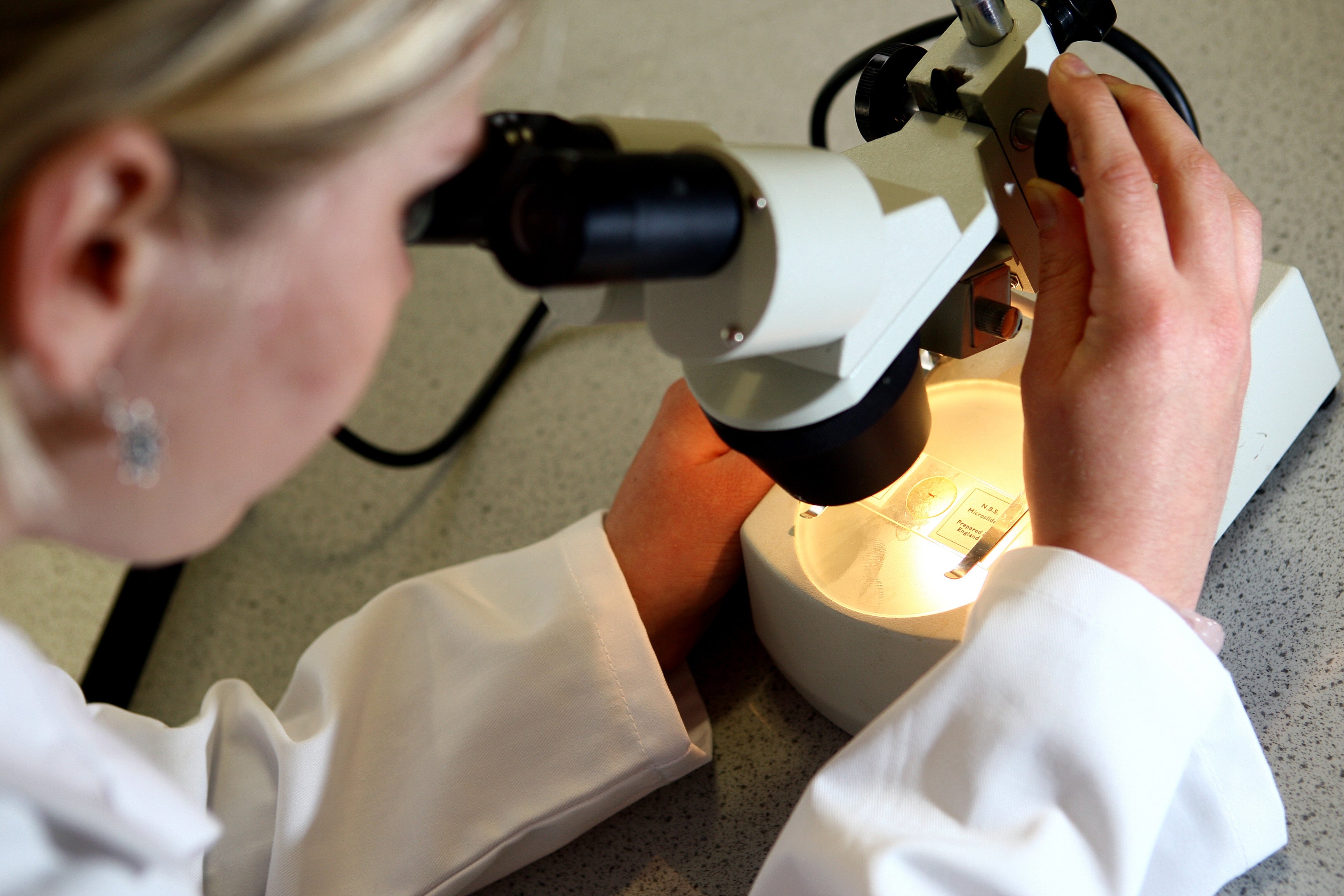Late GAA player’s trust backs quest for sudden adult death syndrome cure
The Cormac Trust was named for the late All-Ireland winning Tyrone footballer Cormac McAnallen, who died in 2004.

Your support helps us to tell the story
From reproductive rights to climate change to Big Tech, The Independent is on the ground when the story is developing. Whether it's investigating the financials of Elon Musk's pro-Trump PAC or producing our latest documentary, 'The A Word', which shines a light on the American women fighting for reproductive rights, we know how important it is to parse out the facts from the messaging.
At such a critical moment in US history, we need reporters on the ground. Your donation allows us to keep sending journalists to speak to both sides of the story.
The Independent is trusted by Americans across the entire political spectrum. And unlike many other quality news outlets, we choose not to lock Americans out of our reporting and analysis with paywalls. We believe quality journalism should be available to everyone, paid for by those who can afford it.
Your support makes all the difference.Pioneering new research into sudden adult death syndrome at NUI Galway will seek to develop genetic cures for the condition.
The research is being supported by the Cormac Trust, set up in the name of the late All-Ireland winning Tyrone footballer Cormac McAnallen, who died from SADS in 2004.
Support from the trust will facilitate research into new treatments, using stem cell technology that allows researchers to grow heart cells in a lab.
We are delighted that a cure for long QT syndrome, one of the most prevalent types of SADS, is on the horizon
The university’s Regenerative Medicine Institute (Remedi) has enrolled 20 patients in a programme analysing heart cells and causes of death.
“We greatly appreciate the support from the Cormac Trust which enables research into the mechanism of disease and also discovery of new treatments using technology which allows researchers to grow heart cells in the laboratory,” said Professor Tim O’Brien, dean of the College of Medicine at NUIG.
The Cormac Trust was set up by Bridget and Brendan McAnallen after the sudden death of their son aged 24 in March 2004.
The well-known sportsman was in apparently perfect health up until his death.
Just over a week beforehand, he captained Tyrone to victory in the Dr McKenna Cup.
A year before that, he was part of the first Tyrone side to win the All-Ireland Championship.
Funding from the Cormac Trust will support stem cell research to investigate causes and potential cures for long QT syndrome (LQTS).
Trust director Mrs McAnallen said: “We are delighted that a cure for long QT syndrome, one of the most prevalent types of SADS, is on the horizon.
“Cormac McAnalllen died very suddenly from this condition which often has no symptoms and kills even the strongest and fittest young people without warning.
“This amazing and ground-breaking genetic research which involves North-South co-operation is, I believe, the first research to envisage a cure for this shocking condition, which not only can kill young people, but can be passed on and cause death in successive generations, and devastate families.”
The issue of sudden cardiac death among young people became more widely known largely due to the death of Cormac and Irish youth rugby international John McCall and other subsequent cases.
Since 2004, the McAnallen family have been keen to direct public attention to cardiac conditions that cause sudden deaths.
Dr Terence Prendiville said: “Sudden unexplained death in the young tragically strikes approximately 160 families a year on the island of Ireland.
“This is often the first time a family comes to medical attention and the condition may affect up to half of close relatives, unbeknownst to them.
“Our research allows us for the first time to study heart cells – from someone who is alive or from someone who has died – to try and discover the cause of death, if unknown, and to develop genetic cures that will be the treatment of the future.”